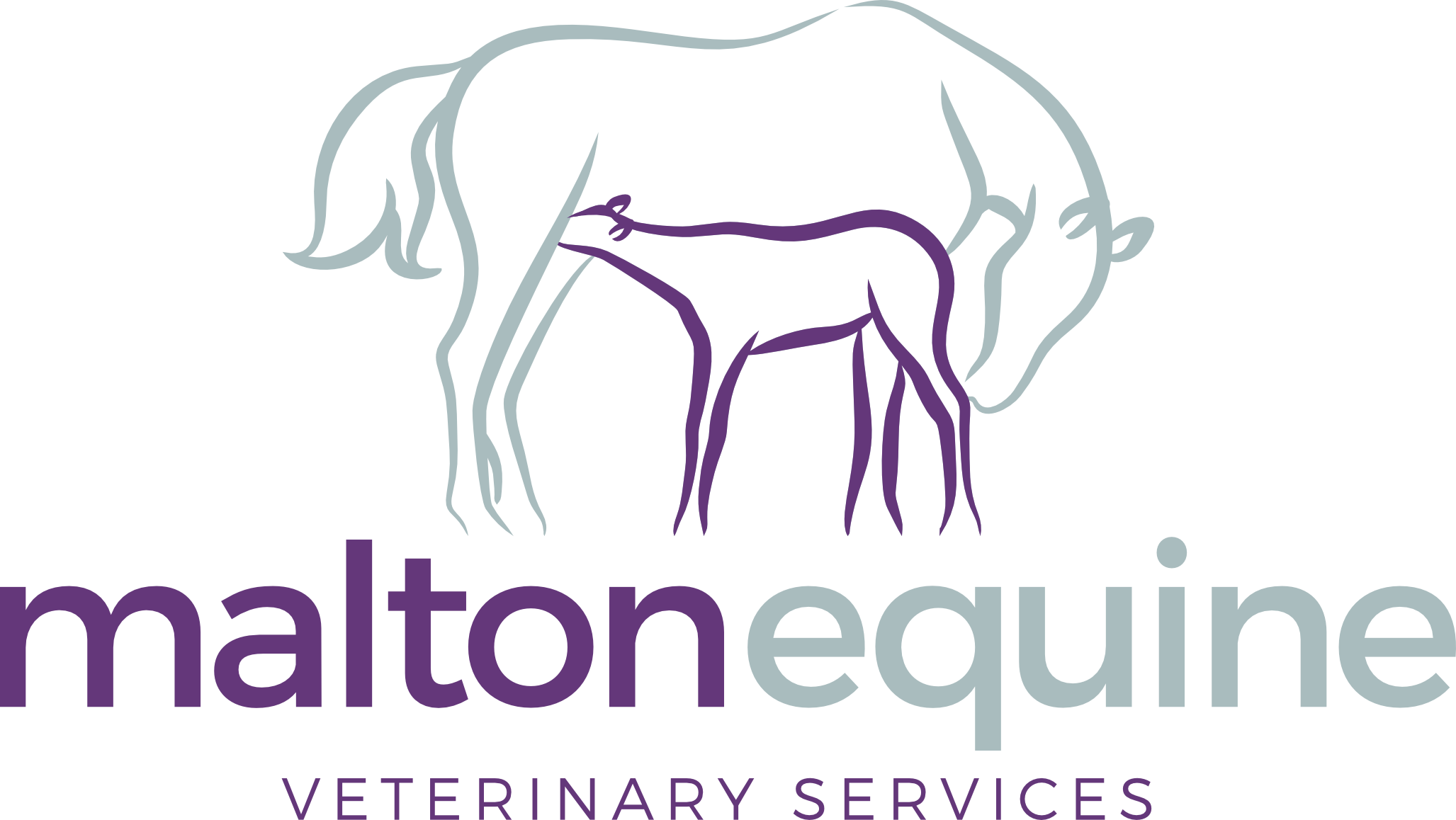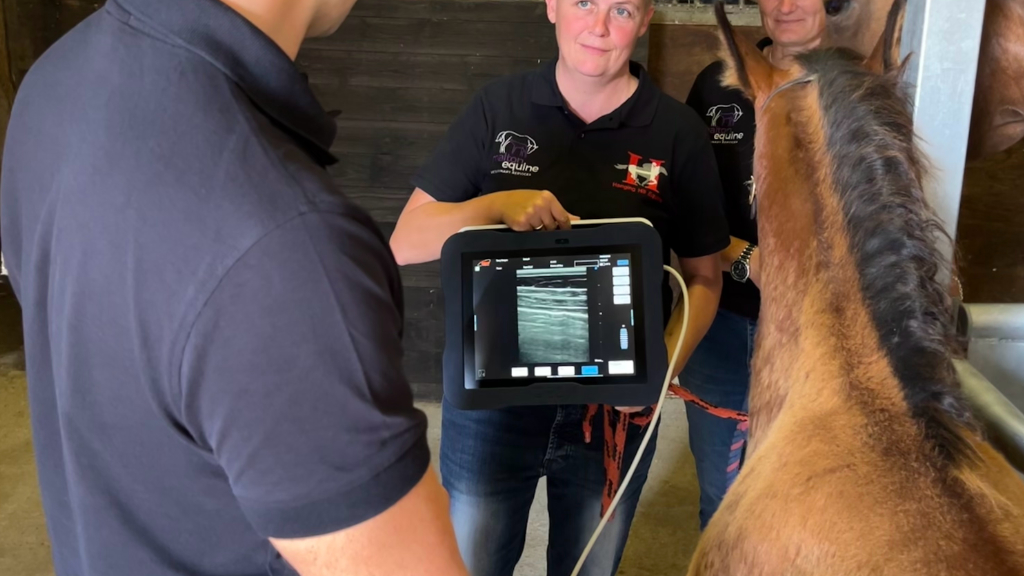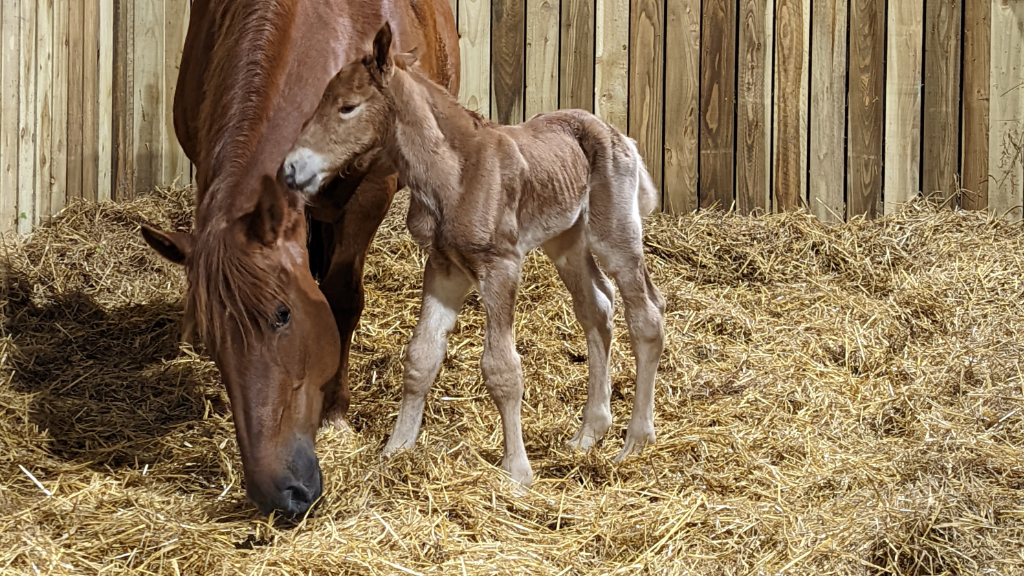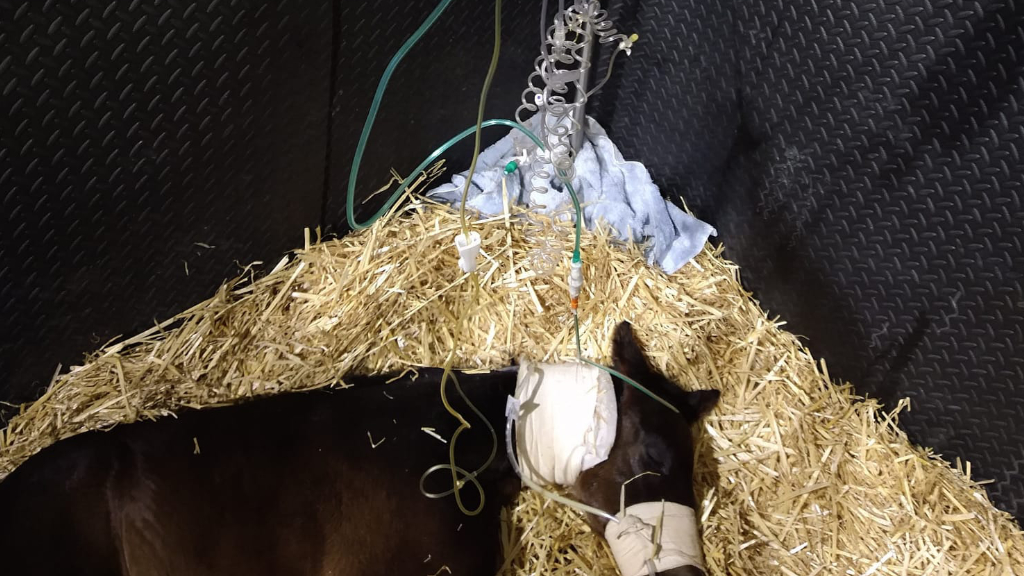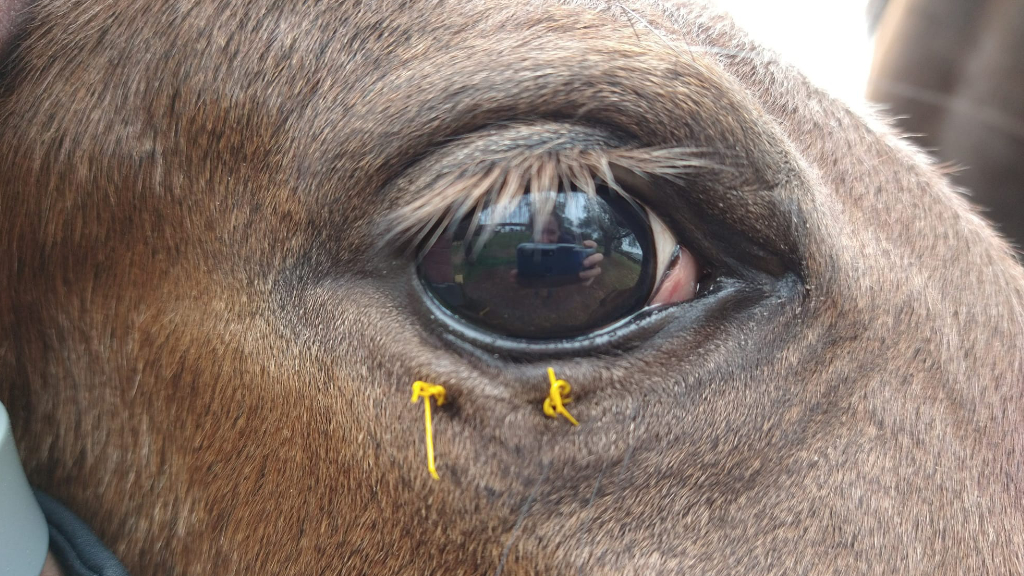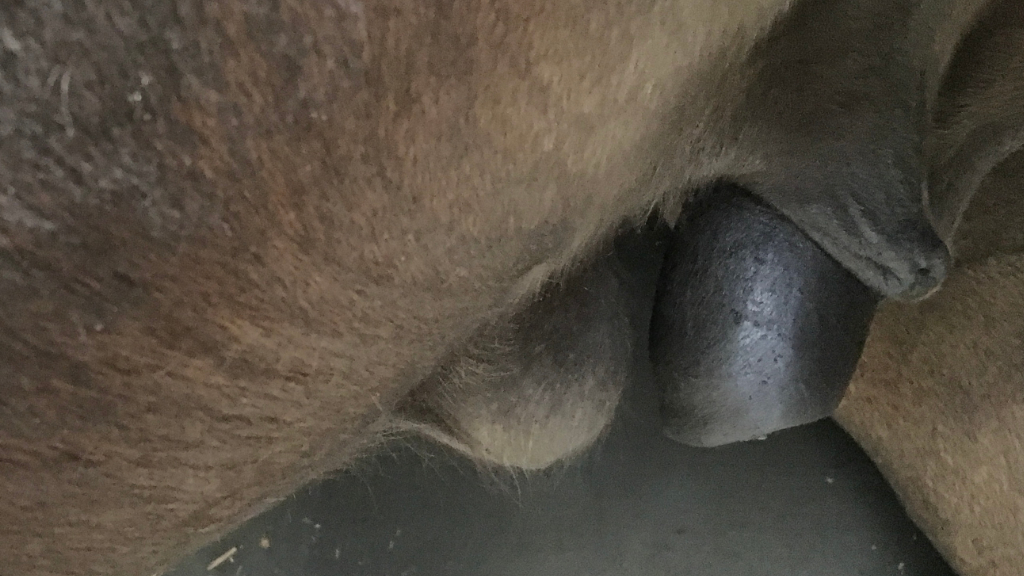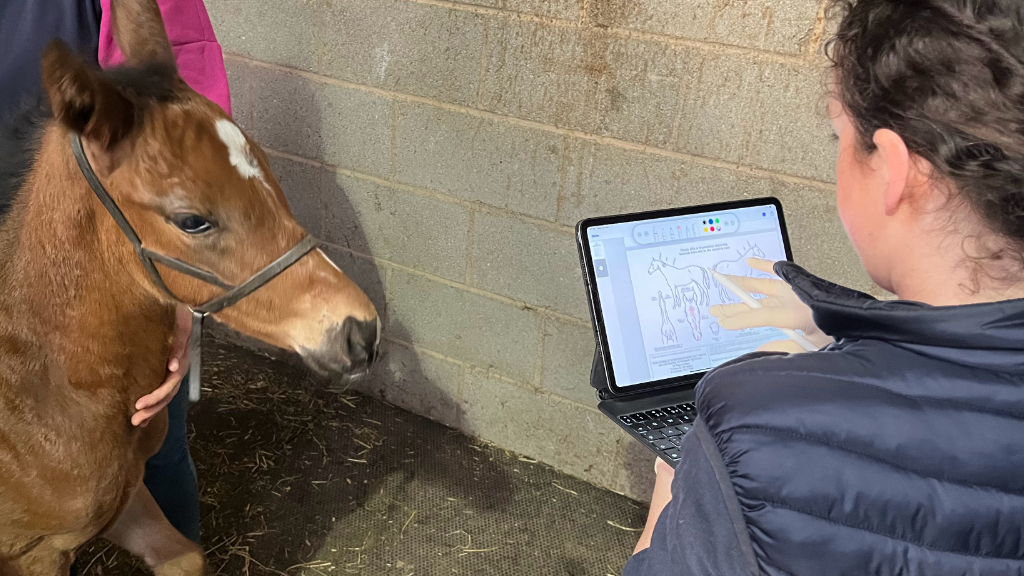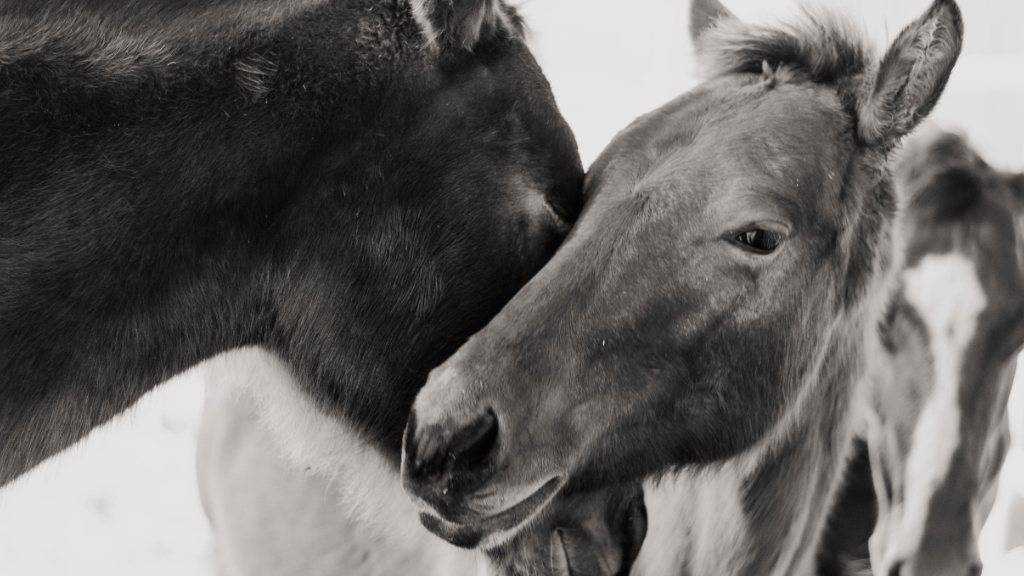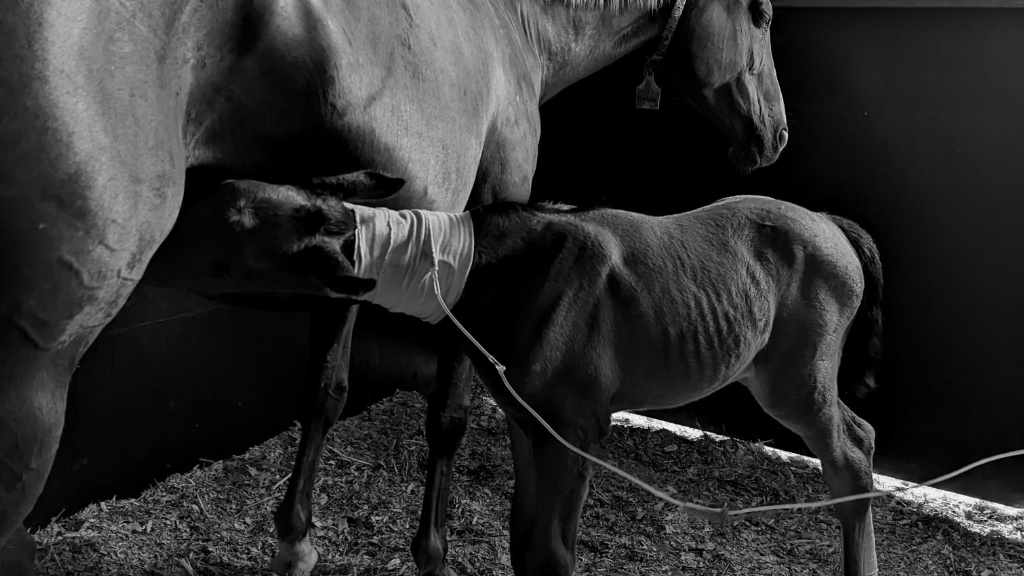Malton Equine Veterinary Services
Foal Medicine
Routine Chest Scanning
Routine Chest Scanning
Routine chest scanning for foals is a proactive and essential component of our equine veterinary care, especially considering the common occurrence of pneumonia in foals aged between 6 weeks and 6 months. Pneumonia can pose significant health risks to these young equine companions. To enhance our diagnostic capabilities and ensure early detection of respiratory issues, we employ ultrasound technology as a sensitive and effective tool.
Our equine veterinary team recognizes the importance of timely intervention and monitoring in preventing the progression of respiratory conditions in foals. Routine chest scanning allows us to visualize the internal structures of the chest, including the lungs and surrounding tissues, providing a detailed assessment of their health. Ultrasound, being a non-invasive and highly sensitive imaging modality, enables us to identify subtle changes in the respiratory system early on, facilitating swift and targeted treatment plans.
By incorporating routine chest scanning into our foal wellness programs, we aim to detect and address potential respiratory issues promptly. This proactive approach not only ensures the overall health and well-being of foals but also contributes to the prevention of complications associated with respiratory conditions. If you have a young foal or are considering preventive measures for their health, consider including routine chest scanning. Trust us to provide expert and compassionate care, utilizing advanced diagnostic tools to safeguard the respiratory health of your foal.
Emergency veterinary attention for your horse may be required at any time of the day or night. We provide veterinary care 24 hours a day, 365 days a year to registered clients.
